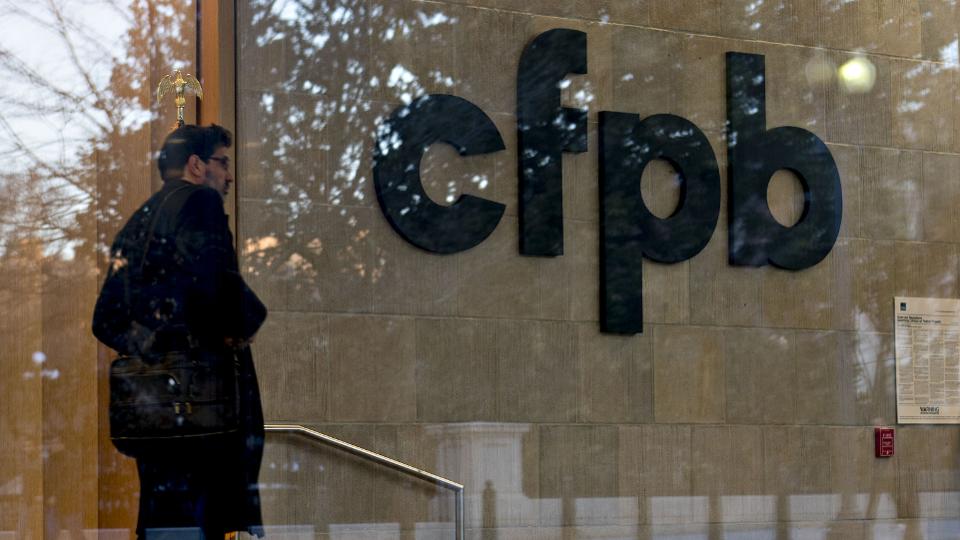Press Releases
U.S. Chamber Sues In Conservative-Friendly Court to Keep Credit Card Fees As High As $41 On Behalf of Big Bank Members

WASHINGTON, DC — The U.S. Chamber of Commerce has filed a lawsuit seeking to block the Consumer Financial Protection Bureau (CFPB)’s new final rule capping most credit card late fees at $8, down from an average of $30. Not only has the Chamber filed the lawsuit days after the historic announcement from the Biden Administration, it is taking its case before the right-wing-friendly Northern District Court of Texas, a pipeline to the 5th Circuit Court of Appeals where 19 out of the 26 judges were appointed by Republicans, including 6 by Donald Trump. The Northern District Court of Texas is the same court that ruled against the FDA’s ability to administer the abortion-medication drug, mifepristone.
The U.S. Chamber and its big bank members want to preserve credit card fees that run as high as $41 despite being identified by regulators as “the most significant fee assessed to cardholders in both dollar amount and frequency” and a major contributor to the more than $1 trillion in outstanding credit card debt in 2022.
The U.S. Chamber is again doing the dirty work of its big bank members that are notorious for price-gouging Americans with credit card late fees as high as $41. On top of that, they intentionally chose a conservative-leaning, industry-friendly court in the hopes of derailing any kind of regulation that would cut into their bottom line.”
Accountable.US’ Liz Zelnick
“Scandal-ridden credit card issuers like Wells Fargo would rather the U.S. Chamber be the face of this lawsuit, but their case for enshrining this predatory practice into legal precedent is no more legitimate, and no less greed-motivated,” added Zelnick. “It is our hope the presiding judge immediately tosses out this meritless lawsuit on behalf of millions of consumers drained of billions of dollars in needlessly excessive penalties every year.”
Among the U.S. Chamber’s members are major credit card issuers JPMorgan, American Express, Citi, Bank of America, and Wells Fargo which collectively charged consumers billions in credit card late fees and other service charges in 2023 alone, a recent Accountable.US analysis found.
